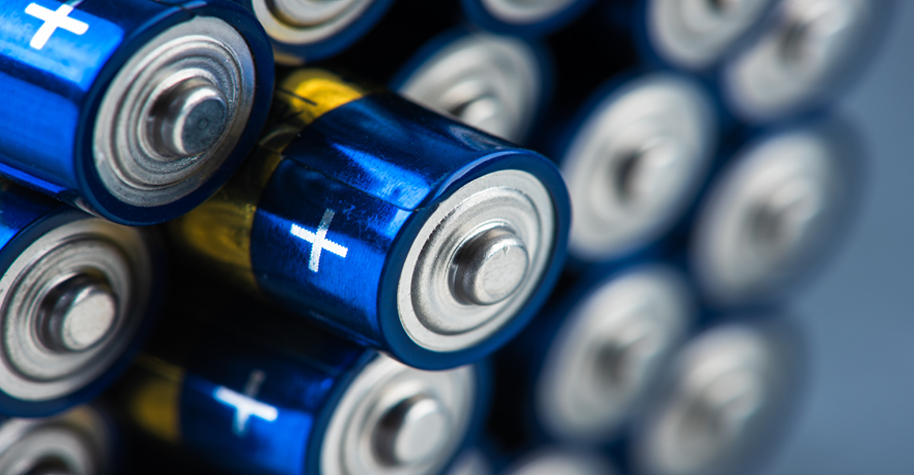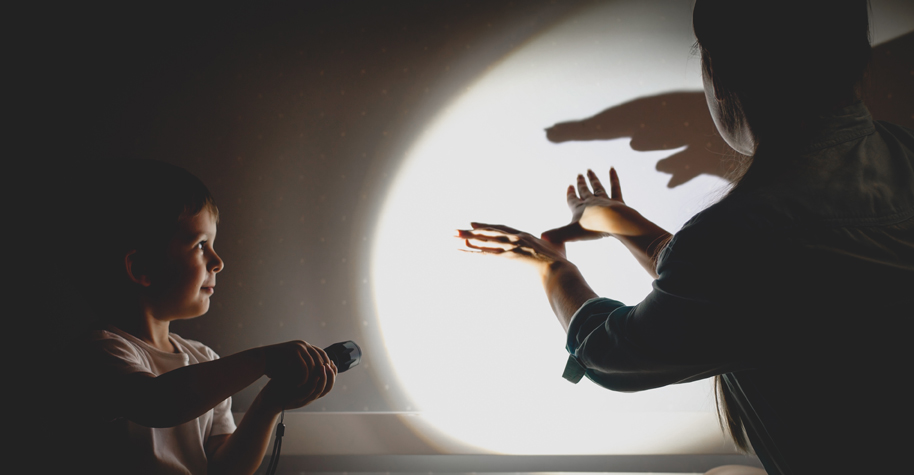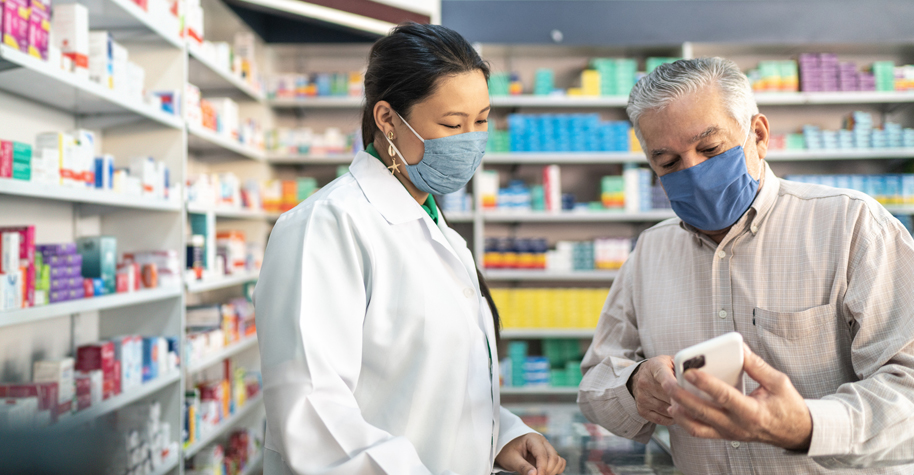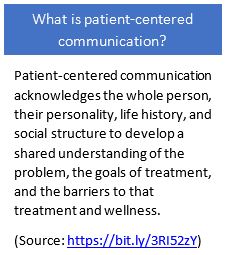
Batteries power many of the things we use and rely on every day. They might also be the only available power source in an emergency.
Being prepared to power your personal need devices—things like cellphones, medical devices, and assistive technologies—during a power outage is a step toward individual resilience.
Planning for power outages can include creating an emergency supply of batteries and other power sources. Here are some things to know about batteries that can help you create a supply that meets your needs.
Battery Types & Kinds
Contemporary batteries come in two primary types (primary and secondary) and kinds (alkaline and lithium).(1) Other kinds of batteries are available to power small and low-power devices.
Primary vs. Secondary
The defining difference between primary and secondary batteries is the number of uses you get from them.
You use a primary battery once and then throw it away.
Secondary typically cost more than primary batteries. However, the expense is offset by their longevity. You can recharge a secondary battery, which means fewer batteries to throw away.
Lithium vs. Alkaline
Lithium and alkaline batteries share similarities but there are also some important differences.
Both kinds of batteries come in standard sizes and can power a variety of household devices. The big difference between the two chemistries is their shelf life.
Lithium batteries store more energy for longer than alkaline batteries. Lithium batteries last about twice as long as alkaline batteries. Their shelf life makes them a great choice for your emergency supply.
Battery Sizes
Batteries come in different sizes. Here are some of the most common.
AA (or double A) batteries are the most popular size. They’re used in things like carbon monoxide (CO) detectors and television remotes.
AAA (or triple A) batteries are another popular size of battery. They are a smaller version of AA. AAA batteries are often used in devices like flashlights and thermometers.
C and D batteries are larger and weightier than AA and AAA batteries. They are often used to power heavy-duty flashlights, portable radios, and camping lanterns.
Button cell or coin style batteries are often used to power small items like car key fobs, hearing aids, garage door openers, and toys.
Batteries come in other less common sizes too. Some are used as a backup power source in electrical devices like home security systems and for electronic devices like cellphones.
Take inventory of all devices you’ll need to power during an emergency. They might include flashlights, cellphones, and medical devices. Then identify the kinds and sizes of power sources (e.g., batteries) you need to power those devices. For example, you may want to purchase extra button cell or coin style batteries if you wear a hearing aid.
Battery Storage & Disposal
How you store your batteries can affect their shelf life.
- Keep batteries in their original packaging. Keeping batteries in their packaging will protect them from humidity and contact with other batteries. A battery can short-circuit if it comes in contact with another battery.
- Separate batteries by age and type. Store new and used and different types of batteries in separate containers or plastic bags labeled with the date you bought them. It’s best to use batteries of the same age when powering a device.
- Store batteries in a cool, dry place. Keeping batteries at room temperature or colder will increase lifespan and performance. Humidity can cause condensation, corrosion, and leakage. If you want to store your batteries in a fridge, keep them in a vapor-proof container. Let them acclimatize to room temperature for at least 24 hours before use.
- Keep them away from metal objects. If batteries contact with metal, they could short-circuit. Store your batteries in a container made of plastic, glass, wood, or any material that’s not metal. You can also use a specialized battery storage box.(2)
Every year in the United States, millions of single-use and rechargeable batteries are bought, used, and recycled or thrown away. Dispose of batteries based on their type and chemistry. Some batteries can cause a risk to safety and health if mismanaged at the end of their lives.(3)
Battery types are identified by marking and labeling, not by the battery’s shape or the color of the label. Certain types should NOT go in household garbage or recycling bins. Do not put button cell, coin, or lithium single-use batteries (check for the word “lithium” marked on the battery) in the trash or recycling bin. Instead, find a recycling location near you:
Visit the Environmental Protection Agency website for more information on what to do with used household batteries.
Resources
- Public Health Matters: Plan Ahead with Emergency Power Sources
- Consumer Guide to Battery Recycling (DOE)
References
- https://www.bobvila.com/articles/types-of-batteries/
- https://www.panasonic-batteries.com/en/news/how-store-batteries
- https://www.epa.gov/recycle/used-household-batteries
Thanks in advance for your questions and comments on this Public Health Matters post. Please note that CDC does not give personal medical advice. If you are concerned you have a disease or condition, talk to your doctor.
Have a question for CDC? CDC-INFO (https://www.cdc.gov/cdc-info/index.html) offers live agents by phone and email to help you find the latest, reliable, and science-based health information on more than 750 health topics.


